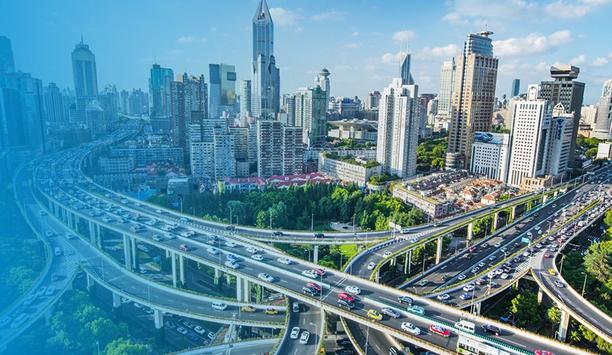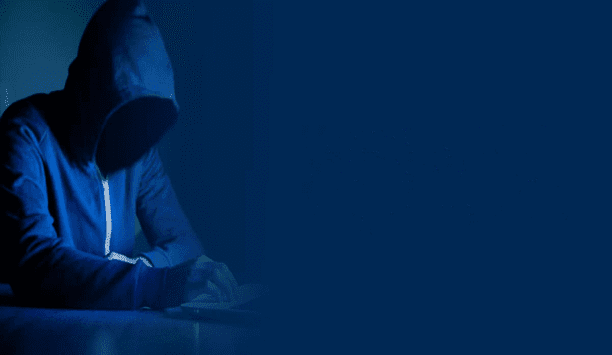 |
| The new surveillance system replaced old analogue CCTV matrix and DVR equipment |
IndigoVision's integrated IP Video surveillance system has been deployed as part of a major security upgrade at one of London's most iconic skyscrapers. 30 St Mary Axe, widely known as "The Gherkin" is situated on the former site of The Baltic Exchange and at 180m tall, is the third tallest building in the City of London. ‘The Gherkin' is a multi-tenanted commercial office block occupied by a number of the world's best-known insurance and legal businesses.
The distributed and open architecture of IndigoVision's IP Video system provides the ideal installation platform for the migration of legacy CCTV and the seamless integration with other security systems. Using this advanced capability, Universal Security Systems Ltd, IndigoVision's Authorised Partner, implemented a fully integrated surveillance, access control and intercom solution.
The new surveillance system replaced old analogue CCTV matrix and DVR equipment with a fully digital network solution using an IP-based distributed virtual matrix. This allows any component in the system to be located at any point on the IP network, delivering a scalable and flexible solution that was a key factor in IndigoVision being chosen for the project. All of the original analogue fixed and PTZ cameras were reused and the migration was achieved without any disruption to building operations, an important consideration for a building of this type with diverse activity occurring 24/7.
IndigoVision's ability to stream high-quality, fully synchronised audio across the network alongside the video, allowed Universal Security Systems to develop an innovative video intercom system, recording audio from existing intercom equipment with the appropriate video from nearby cameras.
The security of the video archive, through the use of a resilient and redundant recording solution, was another important factor for the building owners choosing IndigoVision. Video is recorded on 6 standalone IndigoVision Network Video Recorders (NVRs), with a 7th used as a failover backup. Should any NVR fail or be taken off-line for maintenance, the backup automatically starts recording in its place. The standalone NVRs have a Linux-based software engine and a fault tolerant design with dual redundant network and power supply connections.
Two "Control Center" workstations are used in the Security Office to monitor live video and analyse recorded footage from all of the cameras. "Control Center" provides advanced analysis tools such as motion thumbnails for fast incident review. Guard tours, sequences and Privacy Zones are all supported, with video being displayed on PC viewing panes or traditional monitors. Operators can view an interactive map of the entire site to quickly locate cameras and alarms.




